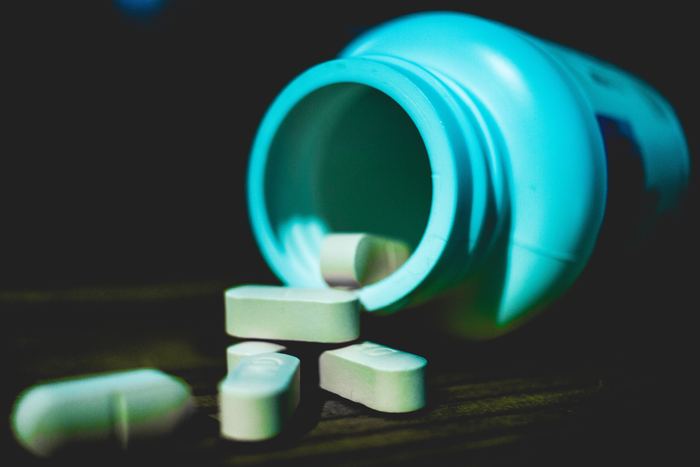Performance-Enhancing Drugs in Mental Competition: The Rise of Ritalin in Poker and eSports
Increasingly, top performers in mental skill competitions such as esports and poker are searching for any edge, and traditional methods like practice and rest are no longer seen as enough. The use of cognitive-enhancing drugs, particularly prescription stimulants like Ritalin, is gaining ground among gamers and card players, fueled by a combination of anecdotal evidence and a lack of strict oversight.
While scientific consensus is still forming around how much these substances truly help, a growing number of competitive players are experimenting on their own-often without facing consequences from organizers or governing bodies.
Understanding Ritalin: Usage and Claims in Gaming
Ritalin, a brand name for methylphenidate, is a psychostimulant typically prescribed to treat attention deficit hyperactivity disorder (ADHD). Its effects, such as boosted attention span and reduced fatigue, have made it a popular supplement among those seeking sharper mental focus-not just in classrooms or offices but also in competitive gaming arenas.
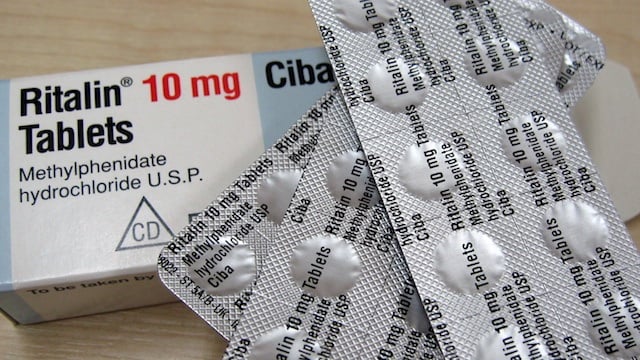
A notable study put Ritalin, the wakefulness drug modafinil, and caffeine to the test among 40 chess players with tournament rankings. Over a series of 80 games each, players rotated between one of these substances and a placebo. The placebo group had a win rate of 51%, while those using Ritalin edged ahead at 54.1%, only marginally behind the other drugs. Although this 3% difference might seem small, in chess, it can equate to a significant jump in tournament standings, sometimes by as many as 1,500 places.
However, the research also flagged a drawback: those taking Ritalin were more prone to losing games under strict time constraints, suggesting the focus enhancement may come at the cost of strategic time management-a vital skill in tournaments.
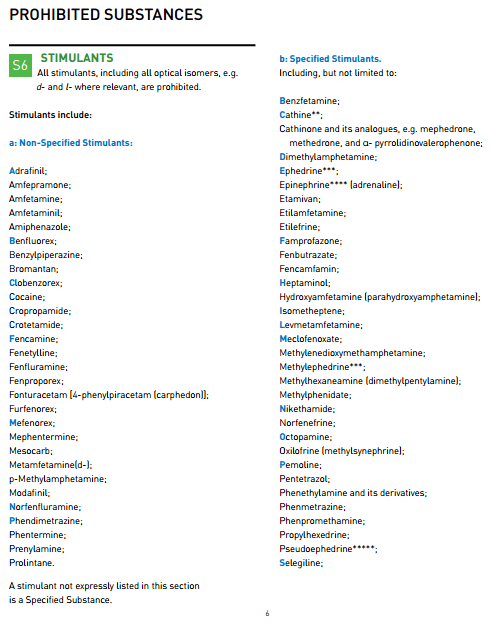
Image Credit: canadianmmalawblog.com
Additional academic studies confirm that cognitive performance can be affected by Ritalin and similar medications, which is part of why these drugs appear on the World Anti-Doping Agency’s (WADA) prohibited list-despite most mental competitions still operating with little to no enforcement.
The Widespread Use of Stimulants in eSports and Poker
Controversy around stimulant use in esports is fueled in part by industry insiders. In 2014, a commentator revealed that drugs such as Ritalin were widely used, and soon after, high-profile admissions followed. Notably, Counter-Strike: GO professional Kory “SEMPHIS” Friesen acknowledged that his whole team used Adderall, a similar stimulant, during a major tournament.
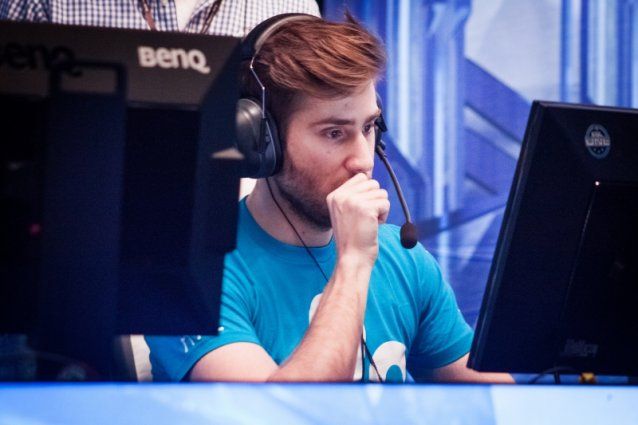
Image Credit: gameranx.com
Following such revelations, tournament organizers partnered with the Esports Integrity Coalition (ESIC) to introduce drug testing at major events like Counter-Strike: Global Offensive and Dota 2. Yet, after 200 tests in 18 months, no violations were found. According to Integrity Commissioner Ian Smith, this indicates limited abuse at the top of professional esports-though he speculates drug use may persist in lower-tier competitions.
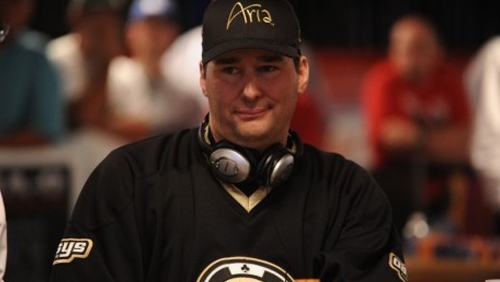
Image Credit: calvinayre.com
Poker sees similar claims. While formal evidence is scarce, several professionals have attributed their tournament success to cognitive enhancers. Renowned poker player Paul Phillips, a World Poker Tour champion, openly credits prescription stimulants for his achievements. Even Poker Hall of Famer Phil Hellmuth has acknowledged that many top competitors use such substances in pursuit of an edge.
Policy, Oversight, and the Limits of Enforcement
The esports ecosystem has started to respond, with organizations like the Electronic Sports League adopting anti-doping codes inspired by WADA’s framework. Still, meaningful, consistent enforcement remains rare. Many tournament operators cite the high costs of comprehensive drug testing as a hurdle.
Testing protocols also have gaps: since players often know precisely when they might be tested-only during tournaments-those seeking an edge can still use fast-metabolizing stimulants during practice sessions, which are rarely monitored.
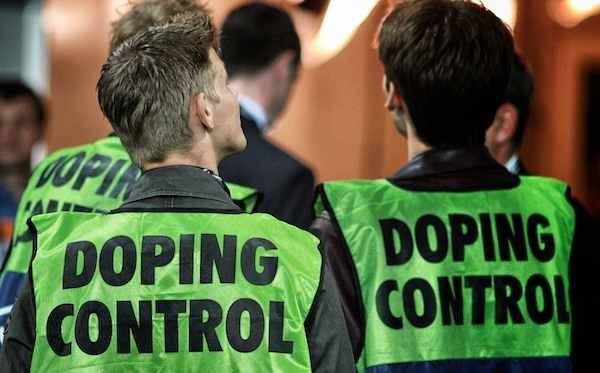
Image Credit: vinogradovcoach.blogspot.jp
Unlike Olympic athletes, who are subject to year-round out-of-competition testing, esports competitors typically only face screening at events. Some legitimate users of prescription stimulants, such as those with ADHD, can apply for a Therapeutic Use Exemption (TUE). When approved, this exemption allows athletes to use medication as needed without risking disciplinary action.
Penalties for violations, typically outlined in tournament rulebooks, include match penalties, disqualification, prize money forfeiture, and-in case of repeated infractions-potential lifetime bans. In poker, however, regulation is virtually nonexistent. The decentralized nature of poker tournaments and the prevalence of online play make universal anti-doping policies exceptionally difficult to establish.
The Road Ahead for Competitive Integrity
Esports is poised to be featured as a demonstration event in upcoming multi-sport tournaments, including the Asian Games, where participants will be subject to systematic drug testing. This could mark the first time elite esports competitors are tested outside competition windows-mirroring Olympic protocols.
Poker, on the other hand, currently shows no movement toward introducing anti-doping standards. Unless significant pressure builds around high-profile doping cases or the integrity of the game is called into question, regulation may continue to lag behind.
For esports and poker to achieve the widespread legitimacy enjoyed by traditional sports-and even gain Olympic recognition-they will eventually need to enforce robust anti-doping measures. Until then, the most scrutinized aspect may well be the patience of fans and sponsors watching the evolution of these modern competitions.

